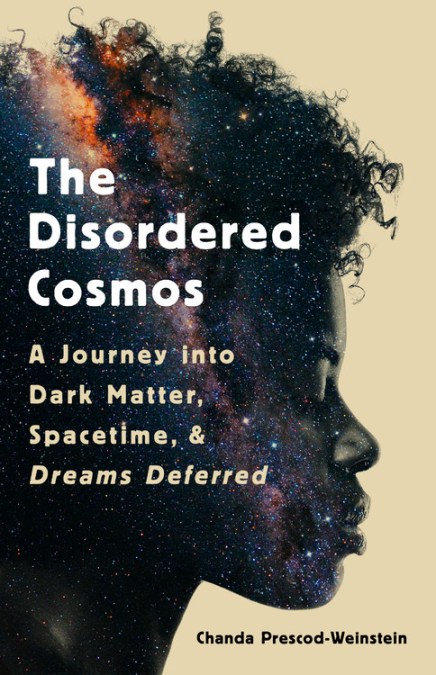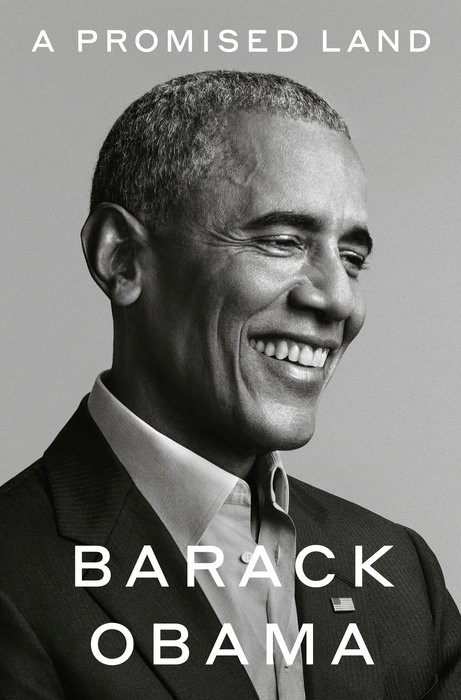The Disordered Cosmos: A Journey into Dark Matter, Spacetime, and Dreams DeferredPosted in Books, History, Media Archive, Monographs, Philosophy, Politics/Public Policy, Social Justice on 2021-03-11 00:15Z by Steven |
The Disordered Cosmos: A Journey into Dark Matter, Spacetime, and Dreams Deferred
Bold Type Books (an imprint of the Hachette Book Group)
2021-03-09
336 pages
Hardcover ISBN-13: 9781541724709
eBook ISBN-13: 9781541724693
Audiobook ISBN-13: 9781549133961
Chanda Prescod-Weinstein, Assistant Professor of Physics and Astronomy; Core faculty in Women’s and Gender Studies
University of New Hampshire
From a star theoretical physicist, a journey into the world of particle physics and the cosmos — and a call for a more just practice of science.
In The Disordered Cosmos, Dr. Chanda Prescod-Weinstein shares her love for physics, from the Standard Model of Particle Physics and what lies beyond it, to the physics of melanin in skin, to the latest theories of dark matter — all with a new spin informed by history, politics, and the wisdom of Star Trek.
One of the leading physicists of her generation, Dr. Chanda Prescod-Weinstein is also one of fewer than one hundred Black American women to earn a PhD from a department of physics. Her vision of the cosmos is vibrant, buoyantly non-traditional, and grounded in Black feminist traditions.
Prescod-Weinstein urges us to recognize how science, like most fields, is rife with racism, sexism, and other dehumanizing systems. She lays out a bold new approach to science and society that begins with the belief that we all have a fundamental right to know and love the night sky. The Disordered Cosmos dreams into existence a world that allows everyone to experience and understand the wonders of the universe.








